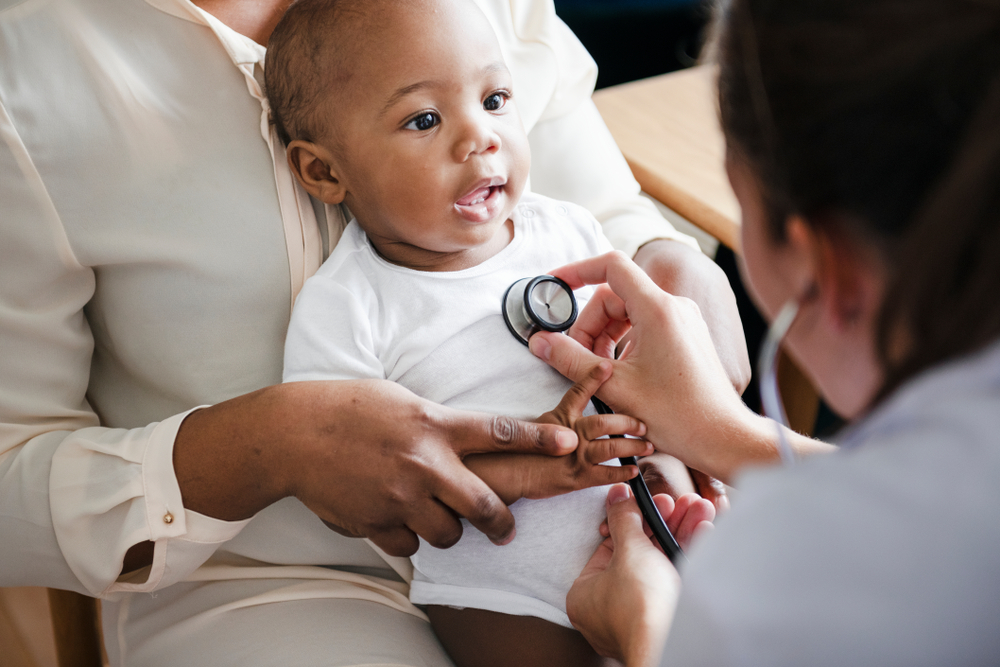Racial discrimination may exist in patient portal messaging, according to a new study.
In a new report published in JAMA Network Open last week, the researchers looked at the responses of over 39,000 patients who utilized the patient portal messaging service in Boston Medical Center in 2021.
They found that, overall, Black patients were less likely to get an official response as they’re less likely to be prioritized.
In their results, they reported that Black patients were almost 4% less likely to receive a response from a physician and about 3 percent more likely to get a response from a registered nurse instead.
According to the report, contributors include implicit bias, the health literacy of the patients when it comes to using online tools, time constraints on the physicians’ part and content included in the messaging services.
“When patients who belong to minoritized racial and ethnic groups sent these messages, the likelihood of receiving any care team response was similar, but the types of healthcare professionals that responded differed,” the authors wrote. “Similar, but smaller, differences were observed for Asian and Hispanic patients.”
Bias has long been identified as a factor creating disparities in medical treatment in the U.S.
Findings of this study suggest lower prioritization of patients who belong to minoritized racial and ethnic groups during triaging. Understanding and addressing these disparities will be important for improving care equity. https://t.co/7egYoUaJg1 @MitchellT @arieldora @rmishuris
— JAMA Network Open (@JAMANetworkOpen) March 19, 2024
According to the American Bar Association, Black patients were less likely to receive proper treatment when compared to white patients, even if their insurance status and other factors were similar.
Overall, they are less likely to receive coronary bypass surgery, radiation therapy and treatment for other health issues such as AIDS.
Both implicit and unconscious biases contributing to racial disparities in treatment have helped exacerbate already high rates of health issues amongst Black patients. Per the American Heart Association, 60% of Black Americans have heart disease, recording higher rates of fatal cases.
When it comes to cancer, per the American Cancer Society, Black Americans also record the highest death rate with the lowest chances of surviving. Once diagnosed, they have more chances of premature death and have worse experiences with more illness.
Black women are also recording high rates of breast cancer with higher mortality rates, as they’re 40% more likely to pass away from the disease.
Of these women, approximately a third reported being discriminated against when going to a medical provider.
Taking into account the worse outcomes and lack of treatment, the KFF estimates that the life expectancy for Black people in the U.S. is five years shorter than for white people at an average of 72.8 years.








